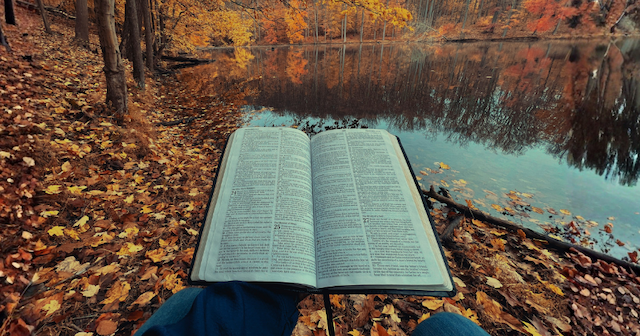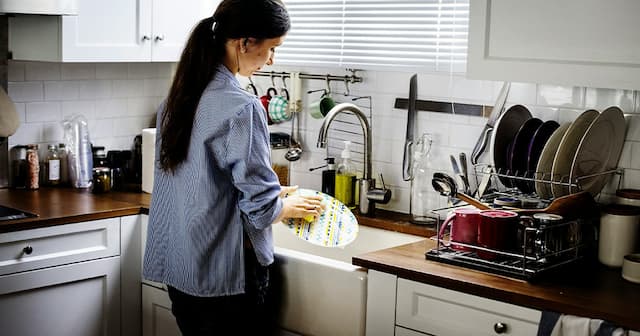I don’t have time to maintain these regrets | Dreaming Beneath the Spires
Gaudi mosaic
My daughter Zoe introduced me to this song by John Mark Macmillan: I don’t have time to maintain these regrets
I am a memoirist (and also a restless, tiptoes person full of hope for the future).
However examination of the past is rarely without regret.
If only. I wish I had
But that’s it!! No more looking back in sorrow.
Love’s like a hurricane, and I am a tree
Bending beneath the weight of His wind and mercy.
I don’t have time to maintain all these regrets
When I think about how he loves us.
* * *
Besides, the past is never past (as Faulkner famously said). It is the introduction of an ongoing story. Its reverberations continue through space–time; beauty can still emerge from disasters.
Glorious mosaics are fashioned from shards of shattered glass.
2000 year old seeds have been germinated.
Entire towns in Yorkshire or Wales are built of stone plundered from destroyed monasteries, like Rievaulx or Tintern Abbey.
God can build castles out of the glorious ruins of the past.
He can use the ancient smashed goblets to make stained glass or kintsugi.

I truly believe it. We can write off no experience as wasted because we do not yet know what God will make of it.
So Martha faced with the stench of her brother Lazarus, dead four days, tells Jesus, “Even now, God will give you whatever you ask.”
Even now, God can somehow combine all the things I am tempted to regret: anger, self-pity, unforgiveness, fear, sloth—into art which lives.
Even now, God can combine hazy memories, half-read books, broken friendships and wasted days into art that is different, new and shimmering, an iridescent morpho butterfly shimmying from a drab chrysalis.
* * *
And so I will not give way to regret. Because I have a very clever Redeemer.
All the sadness, the mistakes, the sins, the waste of the past have made me who I am: a woman who is, today, the Beloved of God. (As I always was, always was, even when I didn’t feel it in my bones, as I do now.)
The novelist and essayist Cynthia Ozick says she read 18 hours a day when she was training to be a writer. Joyce Carol Oates has published over 50 novels, 30 volumes of short stories, and 52 volumes of children’s stories, poetry, young adult fiction, essays, memoir and drama. She writes from 8 to 1 in the morning, from 4 to 7 in the evening, and then reads or writes at night. (John Updike had a similar schedule).
I read this, and inwardly writhe. As a writer, I wish I had read more, and wish I had written more.
When I was younger, I wanted to write like Salman Rushdie, or Vladimir Nabokov or Laurie Lee or William Faulkner or Toni Morrison. I haven’t read as much as they, or practiced as much as they have.
And so my thoughts and sentences may never have the depth and richness of one who has single-mindedly trained her mind and pen.
But, no longer trying to imitate the singing-masters of my soul, I now write simply and transparently, pages which can be grasped at the first reading. I write differently, and for a different audience.
But it is the audience God had prepared for me to speak to before the beginning of time, before the Big Bang, before Planet Earth spun into being, before the dinosaurs prowled the earth, before the saber-toothed tigers.
* * *
The race is not to the swiftest, nor favour indeed to the wise, nor riches to men of understanding, but time and change happen to them all. (Ecc. 9:11).
And that is most true when it comes to creativity!
I love Solomon’s observation, and often pray for luck—being neither as swift, nor as wise, nor as understanding as I could be.
But creativity is like the wind which blows, and we cannot see where it comes from or where it goes. The best read do not produce the best writing, which speaks to the most people. Those most diligent in practicing their craft do not necessarily produce art which changes lives, which makes the world happier.
Creativity is the art of combining—things you’ve read, and things you’ve done, and things you’ve thought and felt and heard, and all those 10,000 hours of practice to make something entirely new. And the value is in the combination, not in the raw materials.
Look at Gaudi’s mosaics….
Art is the spark from stoniest flint that sings in the dark and cold, I’m light.
So what I am going to do as a writer is to put it all into His hands–everything I’ve read and heard and thought and felt and experienced–and ask him to make of it an entirely new thing:
Such a form as Grecian goldsmiths make
Of hammered gold and gold enameling
To keep a drowsy Emperor awake;
Or set upon a golden bough to sing
To lords and ladies of Byzantium
Of what is past, or passing







